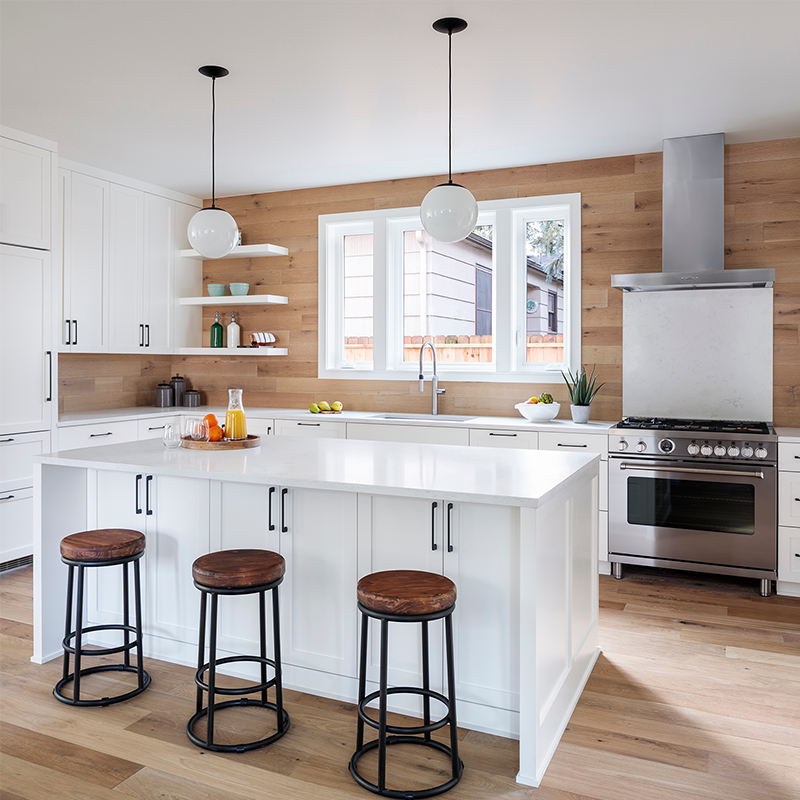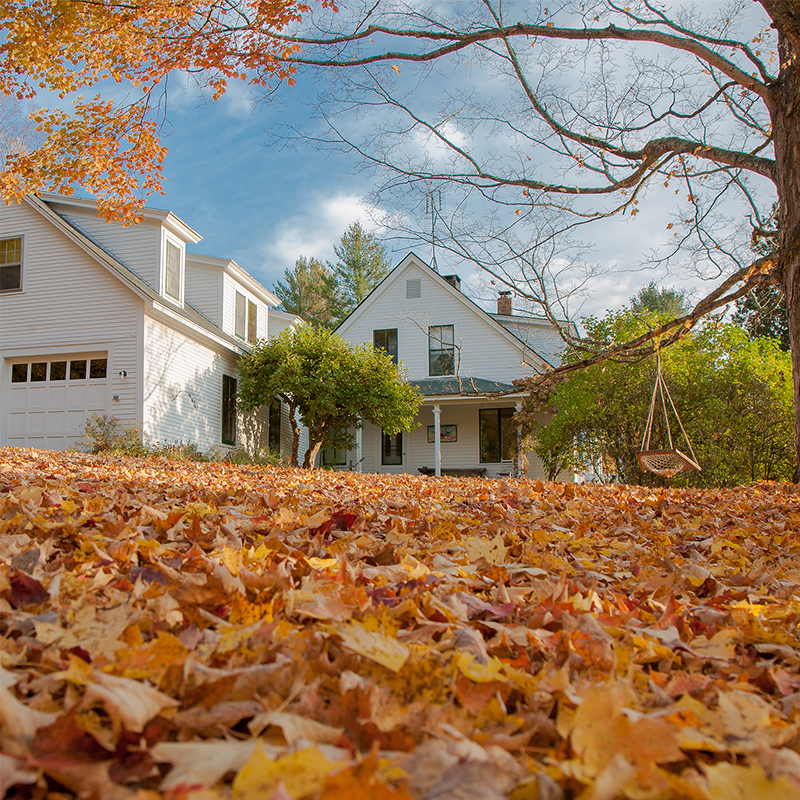
Since everyone’s idea of a dream home is unique, finding a resale that crosses off each of the “must-haves” on your dream home checklist may prove challenging. Building your home can solve this problem.
Here are a few advantages to choosing new construction:
#1: Build Your Dream Home
The top perk of building a home is no doubt the opportunity to put a custom touch on the house. No need to hunt tirelessly for a resale that suits every need of the family.
You can instead choose features that will make a house your dream home from the plot of land it sits on to the floor plan layout. The extent that you can customize will depend on the builder you choose, but you won’t have to settle for an older home that’s almost but not quite right.
#2: It Can Be Cost-Effective
Building is often viewed as a more challenging and expensive process than buying a pre-existing home. You can work around these potential disadvantages by choosing a reputable builder that can execute the project within your budget constraints. Another financial perk of building a home is you’ll save on maintenance and repairs since the home is brand new.
If buying a solitary piece of land and customizing a home completely from scratch isn’t something you can afford, you can always choose a subdivision offering models with select customization options instead. This way you’ll get some creative control on the floor plan, fixtures, and a few other features.
#3: New Construction is Energy-Efficient
New construction is built adhering to current building energy codes and standards. This means a builder will use energy-efficient materials and building methods that you may not find in an older home.
Besides the structure of the home, everything inside will be brand new. Invest in Energy Star certified appliances and you’ll have ones that use less energy and last longer. If you decide to put the house on the market, a new, energy-efficient home can also put you in a good position to profit.
#4: The Warranty
Homebuilders offer a warranty, so, in most cases, you’re aptly covered if something should be wrong with the home within the warranty coverage period. The warranty typically covers workmanship and materials like heating, ventilation, electrical systems, and more.
How to Finance New Construction
If you decide new construction is right for you, financing with a construction loan is an option. It’s a short-term loan usually with a variable interest rate that covers the construction phase. Once the project is complete, you can refinance to a standard 30-year, fixed-rate mortgage.
When you buy a resale, the existing home serves as collateral for your mortgage. That’s not the case for new construction. You won’t have collateral to secure the loan until it’s built. For this reason, qualifying for a construction loan may be a more involved process. The loan may also have unique guidelines that monitor construction to make sure the project stays on schedule.








